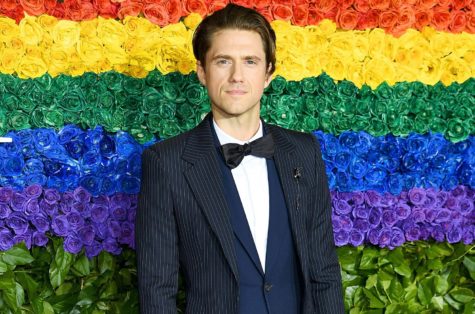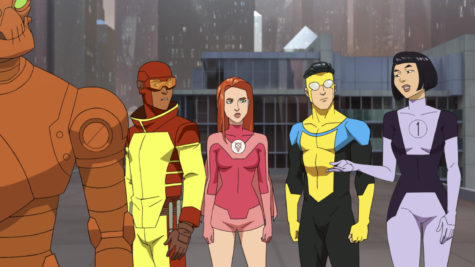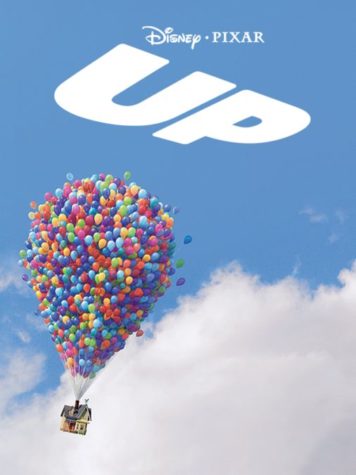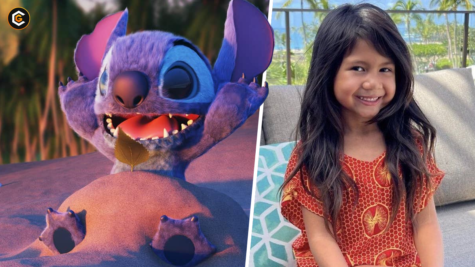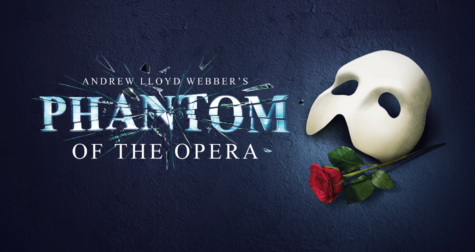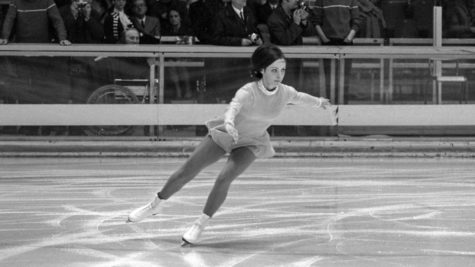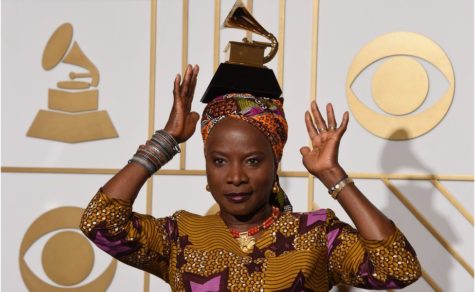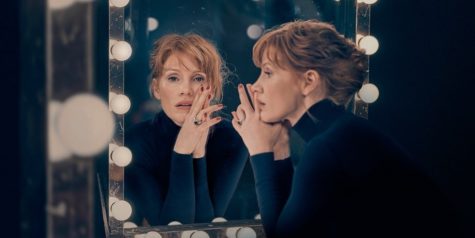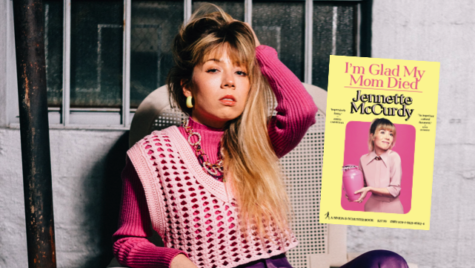Are celebrity relationships too public?
September 28, 2022
Why is the public so fascinated with celebrity relationships? For many years, celebrity relationships have been the topic of many conversations revolving around themes of scandal, infidelity and claims of PR stunts used to promote media. But where do we draw the line? What is healthy and what is not–or rather, how do we know what relationships are real, or too good to be true?
Looking at shows such as “The Bachelor,” an unhealthy concept of what a relationship should look like is romanticized in the name of ratings. Oftentimes, drama is perpetuated on an insanely high level in order to create suspense, draw up viewership and create waves on social media in order to create a bigger following. This phenomenon, in particular, is created by pitting the women against one another in order to win the affection of one man. However, the psychological effect that this can have for the women or “contestants’’ on these shows may very well end up carrying on into their lives after the series, and the same can be said for the demographic of people watching these shows.
These idealizations or false perceptions can lead to detrimental mental impacts; for example, in “The Bachelor” many of the women are subjected to carefully crafted jealousy if one gets more attention from the bachelor than the other, reinforcing the idea to the audience that women should view each other as threats to each other’s goals or happiness. Though, it is not just reality television shows that can give a wrong impression of what a healthy relationship should look like; it can also be seen in many celebrity relationships in the media and online. If there are two things the internet is good at, it is lying and making the grass look much greener than it is in reality.
Many celebrity relationships are notorious for putting on a facade for the cameras for different reasons. In many cases, celebrities may even be participating in a fake relationship for public relations. This is usually because the two people in question have a shared project that, with the attention that a relationship can stir up in the media, can have more ratings using the garnered attention to their advantage. It is rumored that Harry Styles and Olivia Wilde have engaged in a relationship to promote their new movie “Don’t Worry Darling” (2022), which is a common example of this stereotype. The buzz generated around the pair’s relationship undeniably boosted ticket sales as everyone seemed to be talking about the effect of their relationship on the project.
Another example of a PR relationship is one where a less popular celebrity with fading fame will get in a relationship with a more popular celebrity in order to garner more media attention. Kim Kardashian and Pete Davidson are rumored to be a part of this category due to their short-lived relationship. Though their relationship was mostly over before it began, it helped take attention off of Kardashian during the divorce with Kanye West while also giving attention to Davidson’s career.
At the same time, these relationships often tend to give off the impression that all relationships are for social gain, which can harm celebrities in genuine relationships. Of course, this is not to say that all relationships are inherently fake or for notoriety; there are a variety of healthy celebrity relationships that have stood the tests of fame and time as a truly perfect match. One example that immediately comes to mind is Beyonce and Jay-Z, who have been together for over 20 years and have led successful careers with three children. Another example of a healthy celebrity couple is Blake Lively and Ryan Reynolds who are expecting their fourth child together.
Relationships like this help reaffirm the point that not all relationships are fake in the media. Celebrities are also people with the ability to form meaningful connections. On the opposite end, however, every relationship we see on television and online should not be taken as a genuine connection. Sometimes what we see is fake, which serves to explain that relationships are better off personally experienced than understood through a screen

